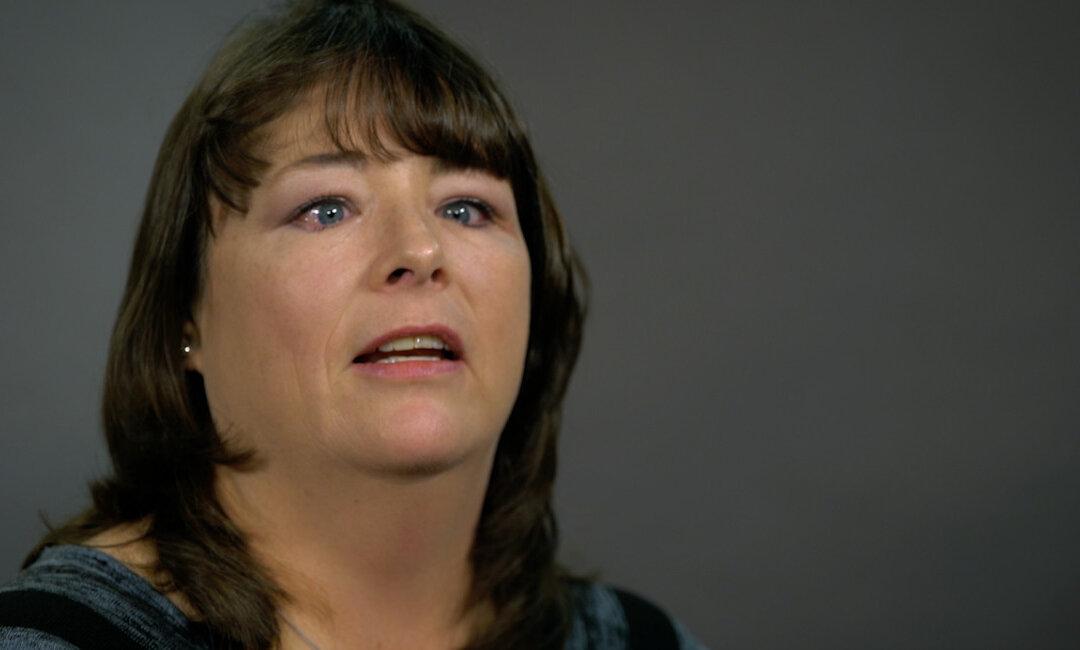Freedom is pizza, and swimming, but it can also be frustrating, confusing, and not so limitless.
“Freedom for me was a little disconcerting because it’s not easy to shed the inmate mentality,” said Dana Bowerman, 45, a recently released federal prisoner. “I felt other, different, less than. I sometimes catch myself thinking, I shouldn’t be here, I shouldn’t be talking to him. I am doing something wrong because I am out here with free people. It was hard at first to shed that.”
Bowerman has certainly enjoyed perks of freedom—on her first day of her own control in 15 years, she ate pizza for breakfast, and she’s taking swimming lessons in preparation for summer at her mother’s house on the lake, the same place she grew up with dreams of being a veterinarian for racehorses, before an addiction to drugs unraveled her life.
She’s also realized the limitations of freedom for someone who’s lived without it for so long—Bowerman is working part-time at a supermarket, but she’s been shut out of a better job that can pay the bills because of her status as a convicted felon.
And as a beneficiary of a policy change that let her out of prison early, freedom has Bowerman feeling something else entirely: guilty.
Because, as a movement to reconsider tough-on-crime laws that were passed during the “War on Drugs” continues to advance, there will be lucky ones like Bowerman, but also others left behind.
“People are wrong to think everyone in prison deserves to stay there, because eventually they are going to get out,” Bowerman told The Daily Signal in an interview. “I’ve met some of the best people I'll ever know in prison. And I left a lot of people behind who don’t deserve to be there. They are no threat. All they want is to go out and see their grandkids be born or spend time with their kids. Not everyone is bad. They just need a second chance.”




